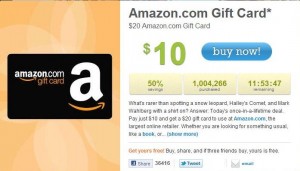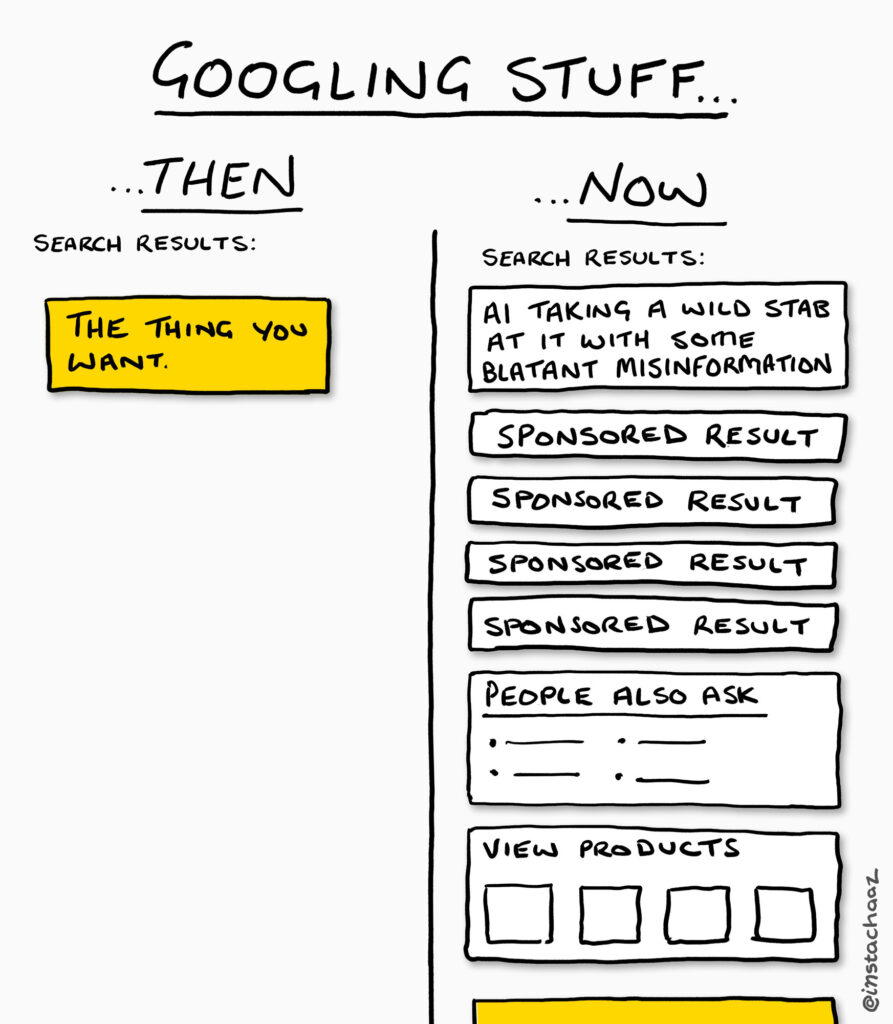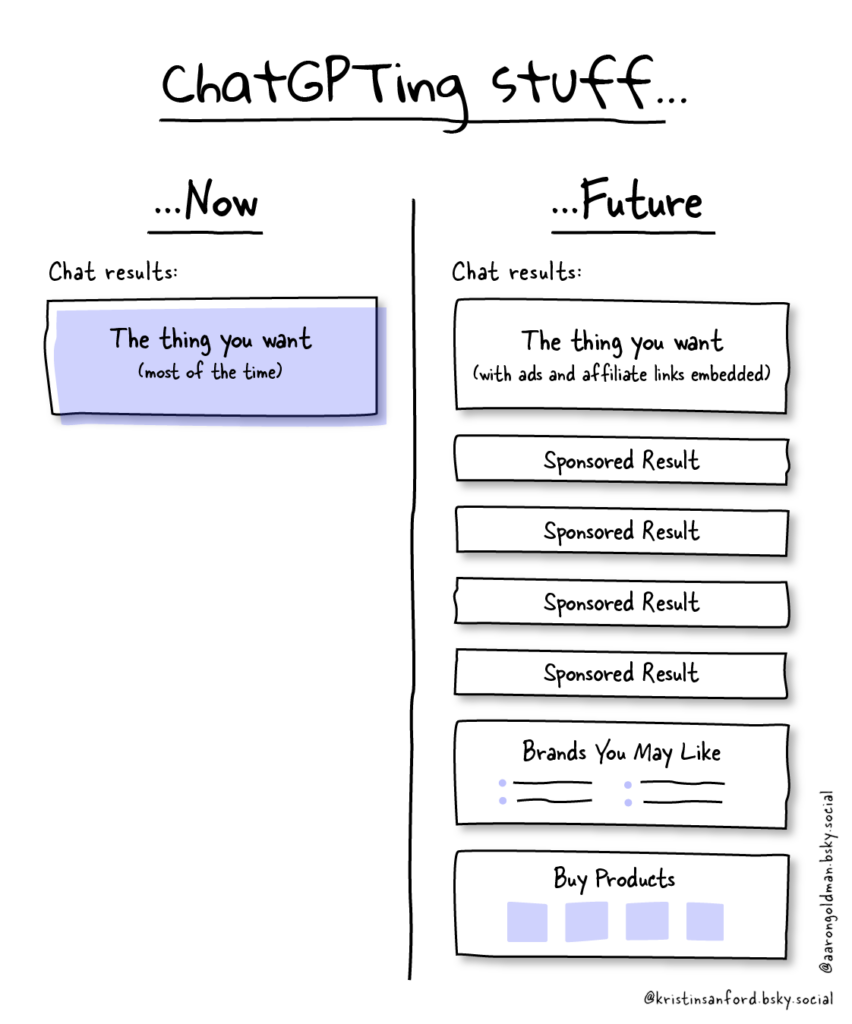It’s 8:05pm est and today’s deal on LivingSocial just passed 1 million sales. In case you’ve been living under a rock, the deal was a $20 Amazon gift card for $10. And in case you’ve been living under a really big rock, LivingSocial is a Groupon-esque deal-of-the-day company.

Like a million other deal-seekers, I bought mine but what caught my eye was this disclaimer…

Unlike the deals I’m used to seeing from Groupon and the like, the brand promoted in this deal (Amazon) was apparently not involved. From what I can gather, LivingSocial just bought a bunch of Amazon gift cards through an affiliate and sold them for half the value. Maybe there was some sort of discount for bulk purchase, but it’s possible LivingSocial paid as much as $10 million to acquire 1 million new customers.
To be sure, not all of these people who bought this deal are first-time LivingSocial customers but the last reported subscriber-count for LivingSocial was 10 million, so this promotion could have bumped LivingSocial’s list by over 10%.
Add in all the great PR LivingSocial has received from this deal and this could rank as one of the best awareness and acquisition campaigns any company has run in a long time. Forgetting about the free media impressions and just looking at the sales metrics, LivingSocial’s cost per acquisition here was $10. That’s $10 for a customer that has now given permission to LivingSocial to send a deal of the day every day until he or she unsubscribes. (I wonder if LivingSocial’s unsubscribe experience is as memorable as Groupon’s per chapter 19 of the book?)
It’s difficult to quantify lifetime value of a new customer for LivingSocial, unless you work at LivingSocial, but it’s easy to surmise that the figure is above $10. If LivingSocial’s deal terms and margins are similar to Groupon’s, we’re looking at 50% of the spread between what customers pay and merchant’s value. It’s likely LivingSocial will make back that $10 acquisition cost and then some the very next time a subscriber makes a purchase.
And who knows what the impact all this PR and the 1 million subscriber adds will have on LivingSocial’s valuation but one can easily see it climbing much higher than an incremental $10 million as a result of today’s deal.
Now, I could be very wrong about all this. Amazon could have sanctioned this deal. After all, it is an investor in LivingSocial. And/or Amazon could have sold the gift cards to LivingSocial at a bigger discount or done some back-end revenue-share making the acquisition costs for LivingSocial much lower or potentially even driving this deal into stand-alone profitability. It would make sense for Amazon. I’m sure many of the one million buyers will never end up using the gift card and, those that do, may spend much more than $20 with their purchase. Not to mention all the branding and PR mentions that Amazon has gotten out of this deal.
Regardless of how the deal went down, this seems to be a true win-win for LivingSocial and Amazon. And it’s a testament to the power of the deal-a-day business. Surely, LivingSocial and Groupon are more than “just coupon websites.” And it’s easy to see why these companies matter and why Google is so eager to get into this business.
It’s now 9:29pm est and another 80,000 sales have been made. And there’s still another 10 1/2 hours left in the promotion.
Update Jan. 20: So much for lifetime value. LivingSocial just sent out the instructions for redeeming the gift card at 12:04am est, officially not making good on its promise yesterday to notify me “tomorrow” with that information. Apparently, I’m not the only one who was eagerly awaiting my gift card as the LivingSocial site seems to have crashed completely. Not a good first experience. Might need to update the title of this post to “How LivingSocial Lost 1 Million New Subscribers.”















